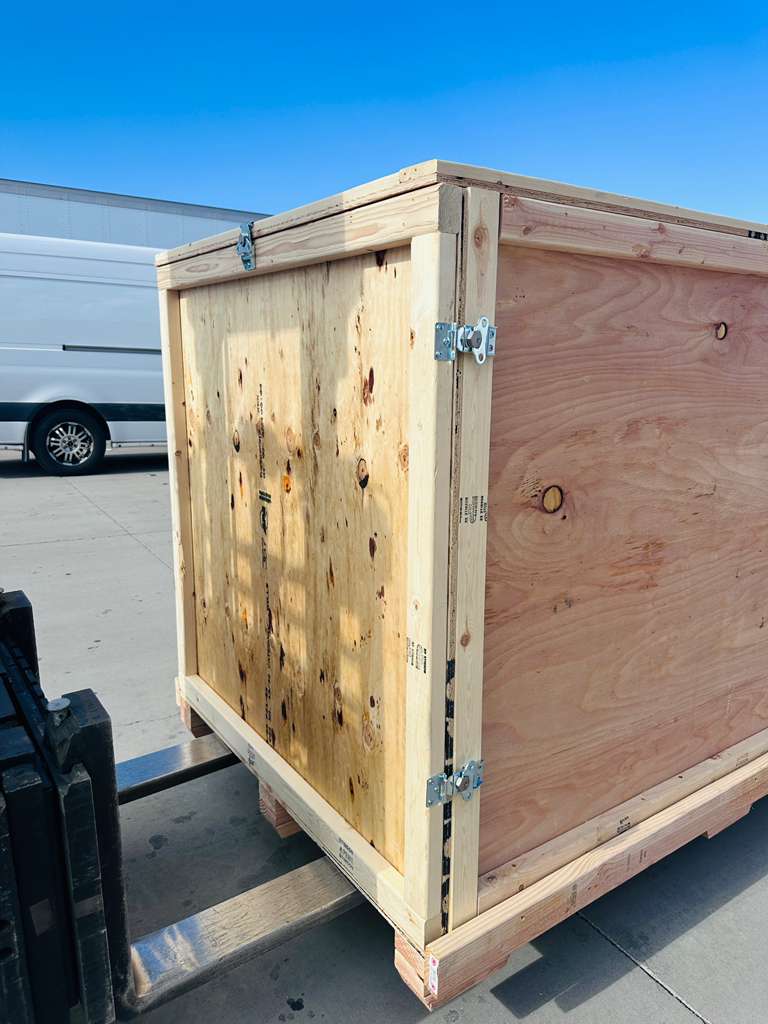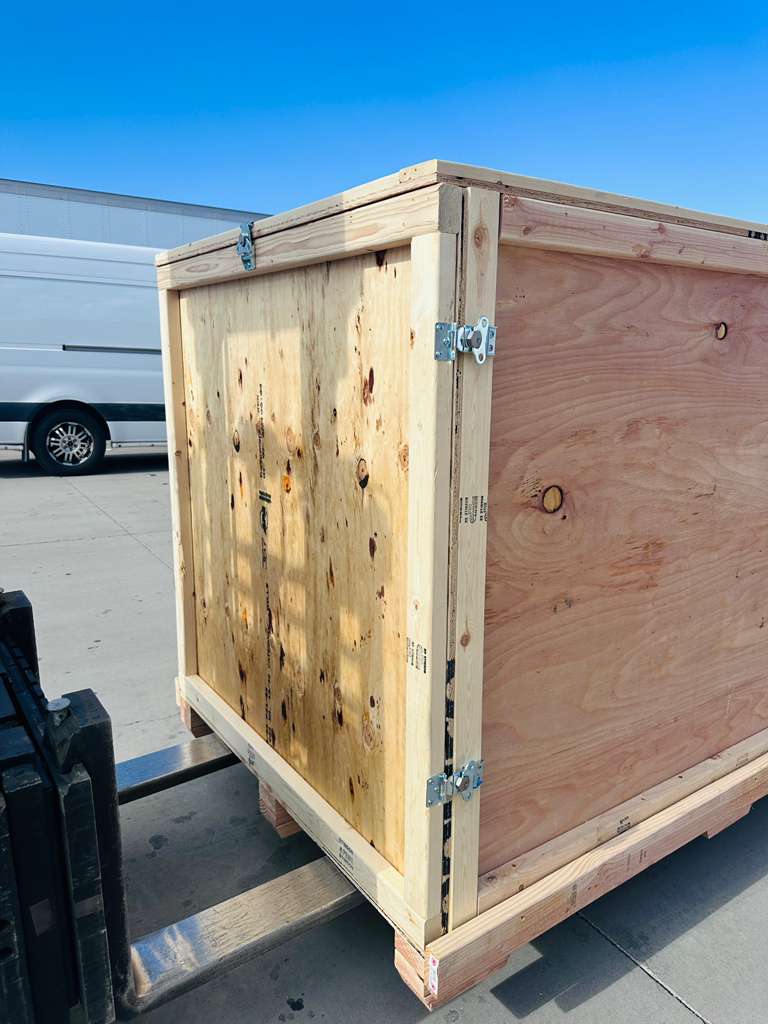Optimizing Content for Generative AI Engines: The New Frontier of SEO
Introduction: Why AI is Changing Content Discovery
Search is evolving faster than ever. With the rise of generative AI engines—like ChatGPT, Google’s AI Overviews, and Bing Copilot—users no longer rely solely on traditional search results. Instead, they expect instant, conversational, and context-aware answers. For agencies and marketing professionals, this shift requires a new playbook: one that goes beyond ranking on Google and ensures visibility inside AI-generated summaries, voice responses, and multimodal searches.
In 2025, agencies are under more pressure than ever to deliver faster, measurable results. Clients want not just traffic, but proof that their content is discoverable, cited, and relevant in this new ecosystem. This is where Answer Engine Optimization (AEO), Conversational SEO, and Zero-Click Optimization become mission-critical.
1. Answer Engine Optimization (AEO): Winning AI Summaries
AI-driven engines thrive on structured, clear, and trustworthy information. To earn visibility:
-
Use concise, fact-rich answers. Craft sections that directly address questions (e.g., “What is Answer Engine Optimization?”) in 40–60 words.
-
Implement schema markup. Structured data (FAQ, How-To, Product, Review) helps AI engines understand context and increases chances of being pulled into summaries.
-
Prioritize credibility. Cite authoritative sources and include statistics where possible. For example, a WordPress agency using Rank Math SEO to automate schema and site health audits improved CTRs by 18%.
Pro Tip: Write for the follow-up question. AI doesn’t just answer; it converses. Anticipate what the user will ask next and weave that into your content.
2. Conversational SEO: Optimizing for Natural Language & Voice
Voice search and conversational AI are shaping the way queries are made. Instead of typing “best SEO tools 2025,” users ask, “What’s the best SEO tool stack for agencies this year?”
Actionable steps:
-
Adopt natural phrasing. Use headings like “What’s the best way to…” or “How can agencies scale SEO operations?”
-
Create Q&A sections. Blog posts with FAQs mirror conversational formats and boost visibility in voice results.
-
Leverage Content AI. Agencies are already generating multilingual FAQs and product descriptions at scale for global e-commerce brands.
Stat to note: By 2025, 58% of all search interactions are expected to be voice-based—ignoring conversational optimization means missing a huge share of audience intent.
3. Multimodal Search Optimization: Beyond Text
AI engines now process not just words, but images, video, and audio in tandem. Optimizing across formats is no longer optional.
-
Optimize images. Use descriptive alt text, compress for speed, and include schema for products or recipes.
-
Leverage short-form video. Tutorials, explainers, and client case studies can surface in AI summaries and Google’s “Perspectives” feed.
-
Think multimodal for B2B. Agencies using Screaming Frog before migrations often document fixes in video walkthroughs—doubling as SEO content and client trust builders.
Tip: Repurpose written blogs into infographics, LinkedIn carousels, and TikTok snippets. Multimodal content feeds AI engines more data points, increasing your chances of citation.
4. User Experience & Core Web Vitals: The AI-Friendly Website
Even the best content won’t be surfaced by AI engines if the site experience is poor. User satisfaction signals directly influence visibility.
-
Core Web Vitals. Ensure fast load times, stable visuals, and mobile-first design.
-
Accessibility matters. AI tools increasingly prioritize content that is universally usable (captions, alt text, ARIA labels).
-
Automation in practice. Agencies using Rank Math SEO + Screaming Frog often identify and fix issues like broken schema or duplicate meta tags, preserving rankings during site changes.
Remember: AI is trained on what it trusts. A technically sound site is more likely to be cited.
5. Zero-Click Optimization: Visibility Without the Click
In an AI-first search world, visibility often matters more than direct traffic. Being cited inside a generative AI response builds brand authority, even if the user never clicks through.
-
Target featured snippet formats. Lists, tables, and direct definitions are frequently pulled into AI summaries.
-
Publish “micro-content.” Bite-sized data points, like a stat or framework, are easier for AI to quote.
-
Use branded dashboards for proof. Agencies leveraging Google Looker Studio or AgencyAnalytics show clients exactly how zero-click mentions boost brand visibility, improving retention.
6. Semantic Search & Intent-Driven Content: Writing for Meaning, Not Just Keywords
Keywords still matter, but intent is everything. AI engines analyze context and semantics to deliver relevant, intent-matching answers.
-
Map content to user journeys. For example:
-
Awareness: “What is Answer Engine Optimization?”
-
Consideration: “Best SEO tool stack for agencies”
-
Decision: “Compare Rank Math SEO vs. Semrush for client reporting.”
-
-
Cluster topics. Build content hubs with interlinked articles, boosting your authority in AI models.
-
Competitor gap analysis. Agencies using Ahrefs and Semrush uncover keyword clusters competitors miss—fueling content strategies that outperform in AI-driven answers.
Example: A SaaS-focused agency found competitor blogs ranking for “AI SEO tools,” but no one targeted “AI SEO tools for agencies.” They filled the gap and quickly appeared in AI-generated summaries.
Conclusion: Building the AI-Ready SEO Stack
The SEO landscape of 2025 isn’t about chasing clicks—it’s about earning trust in AI-driven ecosystems. Answer Engine Optimization, conversational SEO, multimodal content, and zero-click strategies are no longer “nice to haves”—they’re survival tactics.
For agencies managing multiple clients, the key is building a balanced tool stack that saves time, delivers ROI, and evolves with AI trends:
-
Rank Math SEO for automated schema, audits, and WordPress scalability.
-
Content AI for multilingual, at-scale content creation.
-
Ahrefs & Semrush for competitive insights and keyword gap discovery.
-
Screaming Frog for technical reliability before high-stakes migrations.
-
AgencyAnalytics & Looker Studio for client reporting and retention.
The future belongs to agencies who don’t just adapt, but anticipate the shifts in how AI engines deliver information. Optimize today—not just for Google, but for the AI systems shaping tomorrow’s digital visibility.
Share this content:



Post Comment